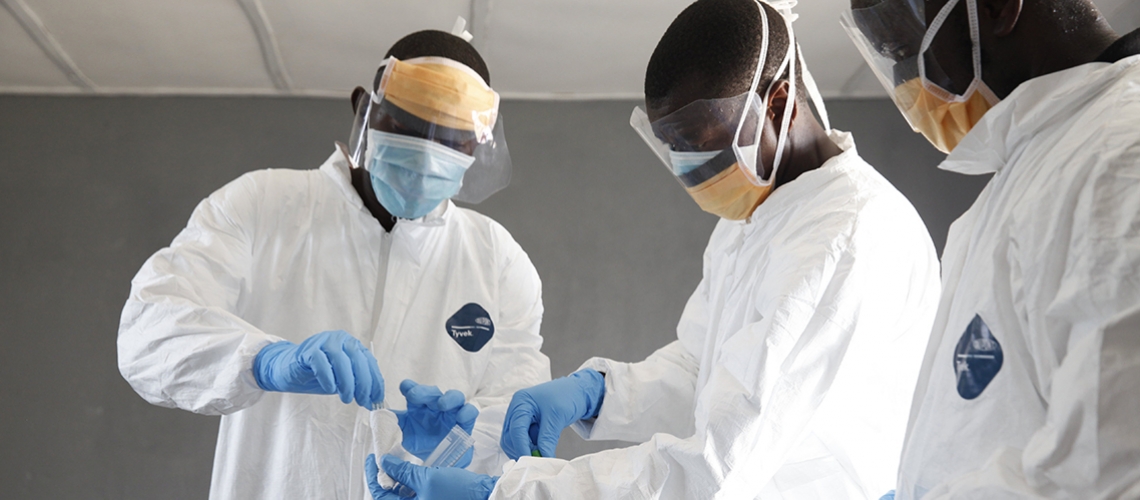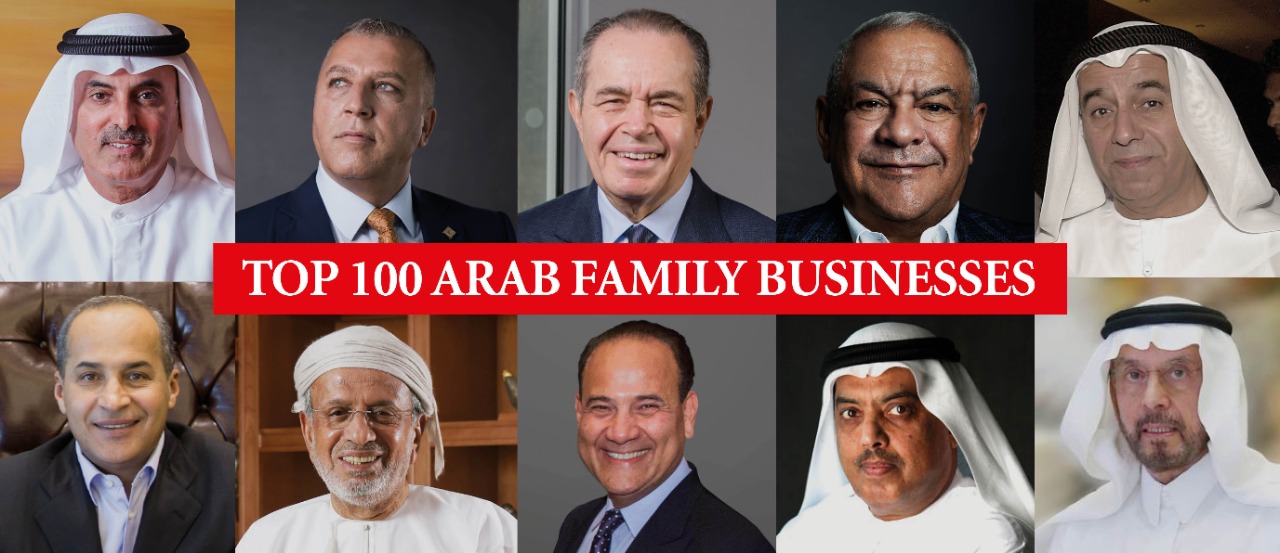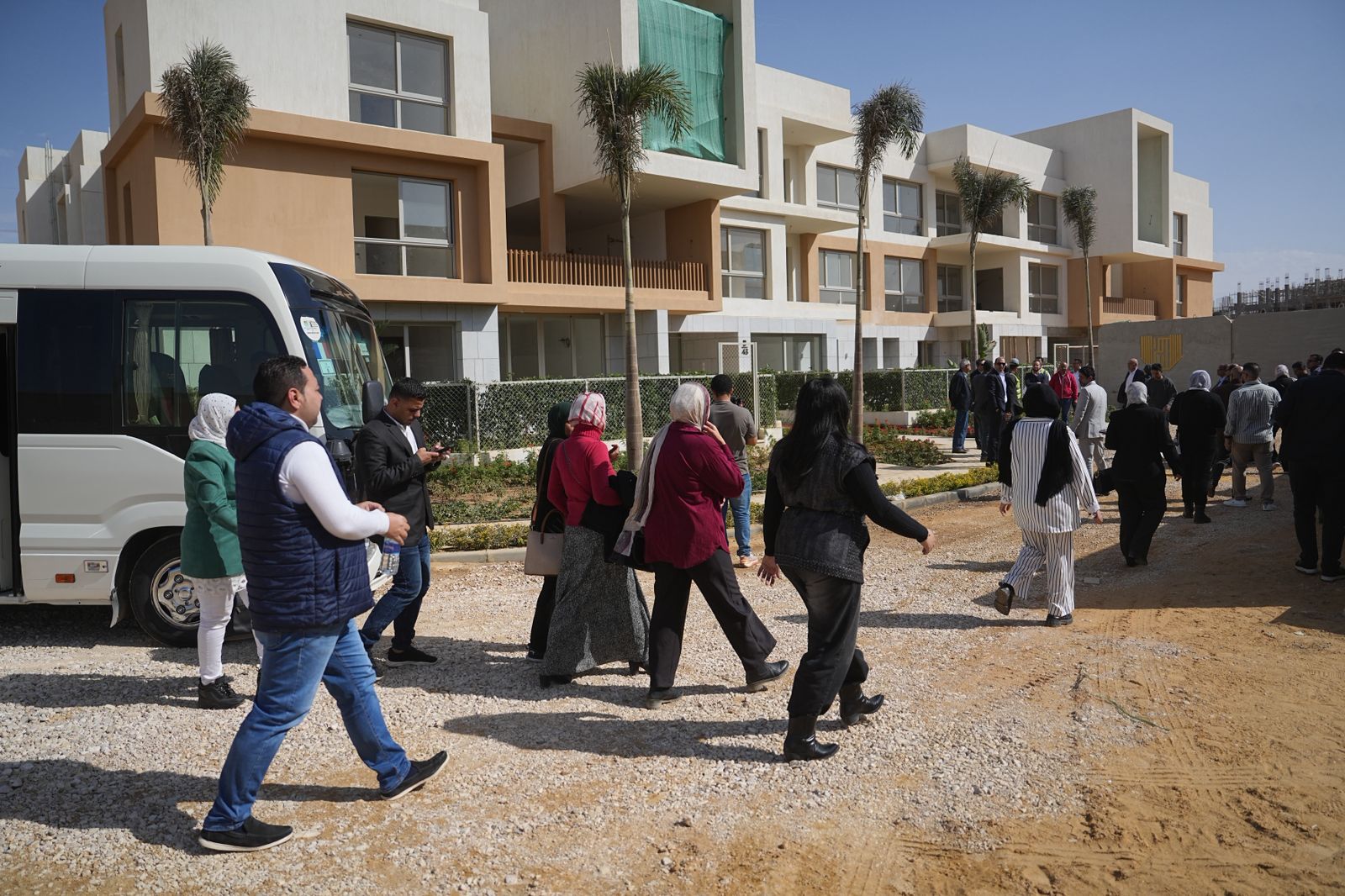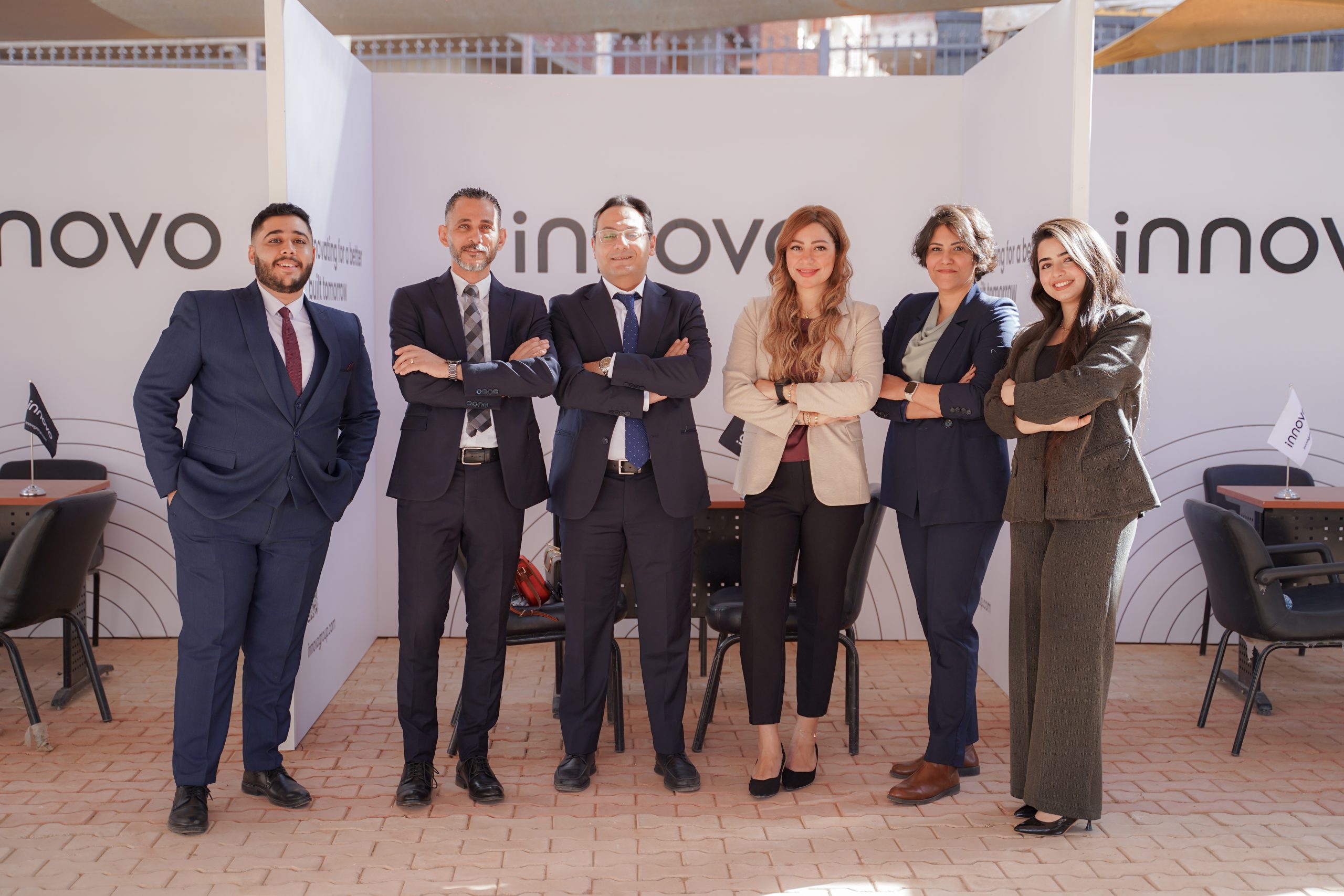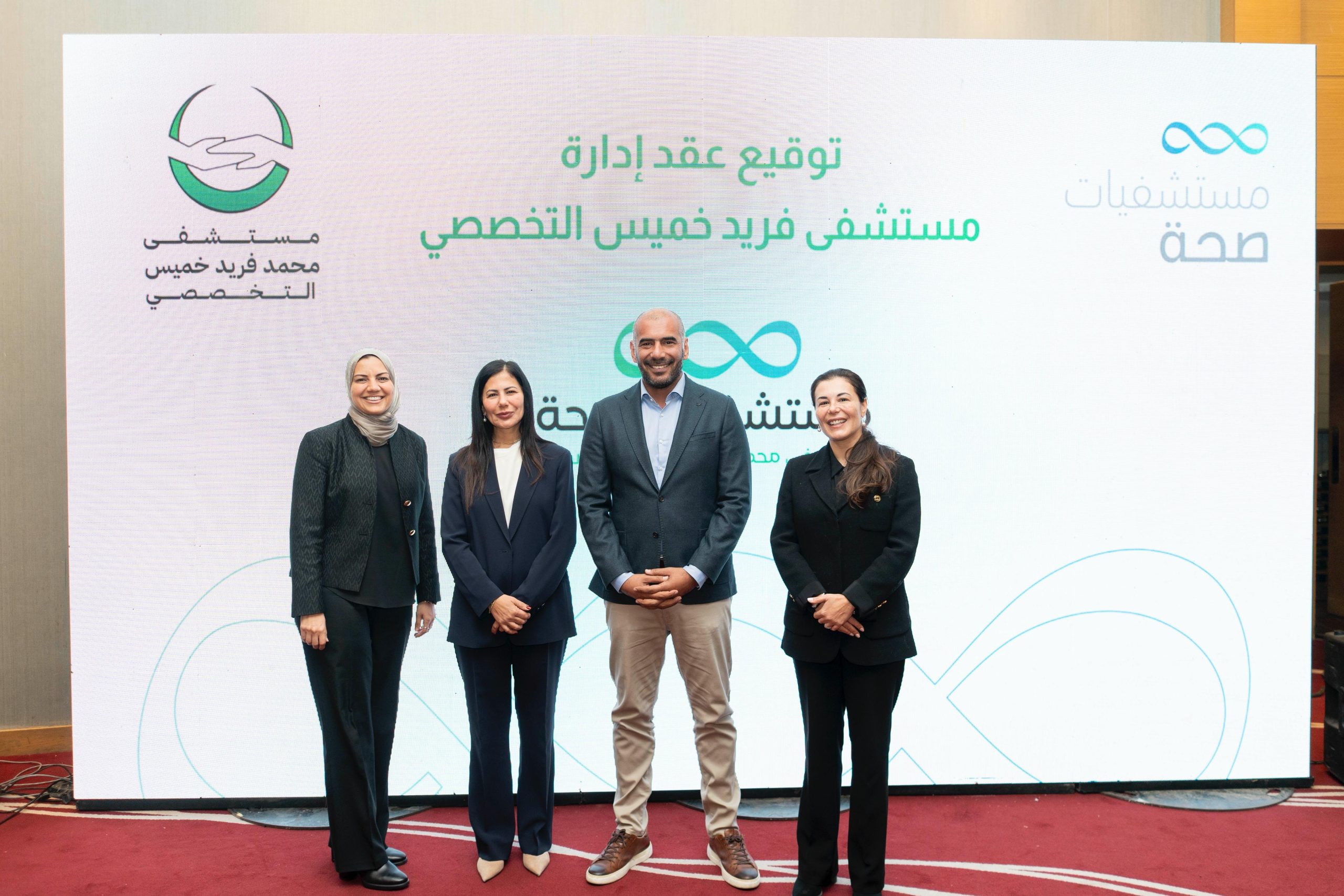Dubai – Masaader News
In the global crisis caused by the coronavirus (COVID-19), the World Bank is helping client countries respond.
The World Bank Group will deploy up to $160 billion over the next 15 months to support COVID-19 measures .
That will help countries respond to immediate health consequences of the pandemic, support households and firms, and bolster economic recovery.
Emergency Projects
Our first package of fast-track emergency health financing launched on April 2, 2020, and we are working with our borrowers to implement emergency projects.
A key component of this implementation is client access to critical medical equipment and supplies.
Manufacturers of medical supplies are increasing production, but demand is far outstripping supply.
In many places, they are not available at all. Speed is of the essence as delivery times are increasing.
Deals to acquire supplies are available only for a short time before the whole opportunity, or at least the place in line to receive the goods, is lost to another buyer.
The logistics of delivering the supplies is also extremely challenging.
Air cargo capacity is maxing out, with options narrowing to a few flights.
In some cases, suppliers are resorting to sea and land transport as air freight is limited, very expensive, or unreliable.
Market Disruption
What can the World Bank do in this situation of market disruption?
First, the World Bank Procurement Framework provides borrowers the ability to expedite procurement of the goods and services needed for emergency response.
At the same time, the demand for medical provisions is so acute and immediate right now that we must think more creatively and find new ways to help our clients.
And second, in these dire circumstances, we are stepping up our support and offering a new procurement option to help countries access critically needed medical supplies.
It is called Bank Facilitated Procurement.
In addition to procuring medical supplies and equipment on their own with streamlined procedures, or ordering them through a UN agency, governments can now also ask the Bank to facilitate their access to global suppliers and negotiate prices and other conditions on their behalf.
It is important to note that this service is only available for procurement of medical equipment and supplies under the COVID-19 health emergency response.
We can do this on the basis of aggregated demand across all borrowers, whenever possible, and while conducting extensive market research.
No Additional Fees
The World Bank plays a facilitator role.
We charge no additional fees. We do not act as legal agents for our clients and do not sign any contracts.
The responsibility for these decisions remains with our borrowers.
But while staying within our operational boundaries, we are supporting our borrowers throughout the procurement process. Borrowers also remain responsible for logistics.
But we offer them hands-on help with the necessary arrangements.

